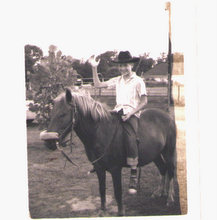
The music of these get-togethers was usually Lesley Gore, the Four Seasons, the Beach Boys, Bobby Vinton, or perhaps one of the girl groups. Novelty records like “Itsy bitsy teeny weenie yellow polka dot bikini” were also featured occasionally.
Adults, on the other hand, played albums. Albums were mostly boring things, Perry Como goes Hawaiian, or 1000 strings in Paris. However, there was another side of albums. Albums that were more sophisticated. Albums that adults played at cocktail parties.
My parents, although classic squares, were greatly influenced by the slightly hipper and richer couple up the street, the Mills. They were active members of the Young Democrats and lassoed my parents into participating in political work and cocktail parties. As a kid with no apparent life of his own, I found myself observing the doings and goings on. I learned about couples who got divorced, about wives who drank too much and fought with their husbands. And in whispers, I could hear party members debating about what their stand should be on civil rights.
The sound track to these events were albums. “Music to Break a Lease” was played and the slightly intoxicated “Young Dems” would sing “Five foot two eyes of blue” at the tops of their lungs. The next big album I remember was “My Son the Folksinger” by Allan Sherman. Apparently the joke was that he took popular folk song melodies and changed the subject to items involving Jewish New Yorkers. “How’s your cousin Ida, she’s a freedom rider” was a lyric from that l.p. At the time it was considered to be hilarious.
The biggest album of all was Vaughn Meader imitating Jack Kennedy in “The First Family”. This got huge laughs at the Mills cocktail parties.
After the Kennedy assassination the album craze died in my parent’s circle. Then with the Beatles, the kids discovered albums and better quality stereos migrated from the living rooms to the basements. In the album war, the kids won.



